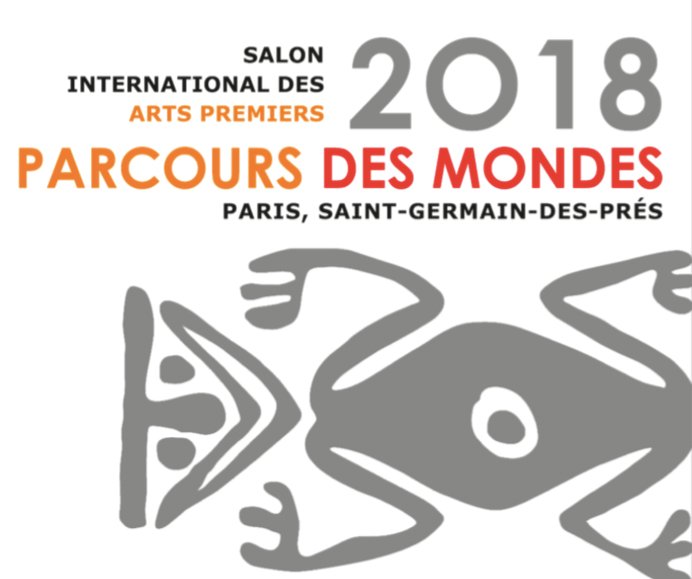3 questions for Federica Morbelli, organiser of Parcours des Mondes
Paris, 8 September 2018

What strategy are you implementing for Parcours des Mondes?
With sixteen editions behind it, Parcours des Mondes has become a leading player in the world of international tribal- and Asian-arts fairs. The legacy of these sixteen editions, all these sold objects, all these encounters, needs to be consolidated by maintaining what has been responsible for the quality of Parcours des Mondes until now: rigour in the selection of exhibitors. What makes a fair special is the diversity of its different stakeholders. In the first place, we address dealers: these are our clients, and they’re the ones we work with for six months in order to construct a rich event. But our audience is made up of art lovers, collectors, with demanding requirements. We need to find a good balance.
What approaches do you follow to strengthen this renown?
First, we wish to promote the heritage aspect of Parcours des Mondes. We’re also focusing on the need to reinvent our communication methods – we’re opening up more to social networks for example. Next, to maintain the quality and provenance of pieces, we’ve set up, for several years now, a vetting-community system, accompanied by a committee of experts. We also wish to go further with this. There are also big challenges that we need to overcome. On a rapidly changing market, Parcours des Mondes needs to keep an eye on future generations. More precisely, we need to take on a role as a go-between, to promote transmission. This namely consists in creating bridges with universes that are peripheral to non-European arts: contemporary and modern art – the choice of Adam Lindemann as honorary president goes in this direction. And why not set up connections with universes that may seem more remote, like design or the decorative arts?
Finally, we need to propose more to our exhibitors than just a space to rent. This is achieved by organising events in conjunction with the fair’s commercial aspect. This year, for example, we’re organising a conference on the issue of conservation and the prickly problem of restitution. We’re inviting all types of experts to speak in an attempt to open up debates.
Can you tell us a bit more about your vetting system?
What’s special about our approach is that we gather the expertise of a committee and also the expertise of dealers familiar with objects, who’ve been handling them for a long time – some have several decades of experience. We start of by placing online the objects that will be appearing in the catalogue. These are presented anonymously to all the dealers, who discuss between themselves – the anonymity allowing them to give their opinions freely. We take these discussions into account. Next, before the opening of Parcours des Mondes, an expert committee goes through the stands to check the pieces – in the absence of the dealers, which is a new element this year. But we still need to remember that every gallerist has been advised by experts, and relies on personal experience. The initial filter is the dealer’s own one, before we repeat the filtering.
After a stint in publishing with the publishing house Cinq Continents, Federica Morbelli became, in September2017, the new organiser of Parcours des Mondes. A bringer of new ideas, her role is also to ensure the event’s operational soundness.